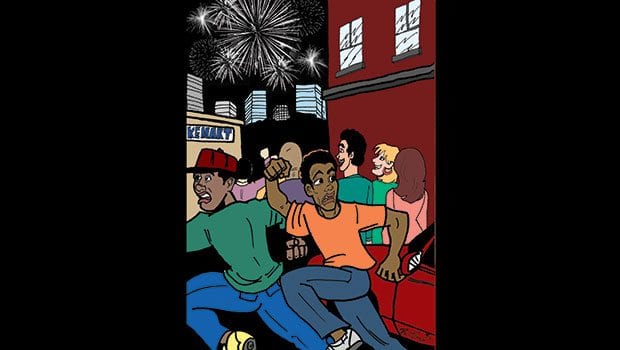
Since the election of Barack Obama as president, there has been considerable speculation about whether a post racial era has been launched in America. Liberals hope that racial discrimination has essentially come to an end. Conservatives know that racial hostility continues to exist but they insist it is time to terminate all the sanctions designed to end discrimination. They point to the election of an African American to the highest office in the land as evidence that times have sufficiently changed.
The U.S. Supreme Court ruled last week in the case of Shelby County v. Holder that the formula in Section 4 for determining whether a voting district should be subject to the Voting Rights Act is unconstitutional. The rationale of the court was essentially that times have changed. Section 5 of the Voting Rights Act would require a subject jurisdiction to obtain preclearance from the U.S. Attorney General for any change in the voting laws to assure that the change has no discriminatory purpose or effect.
The court could have come to the equally logical conclusion that since the 1965 law has been so effective, it should be sustained as long as voter discrimination continues. According to Barbara Arnwine, president of the Lawyers’ Committee for Civil Rights, “this decision disregards the documented history of ongoing voting discrimination in the covered states and paralyzes Section 5, which has blocked thousands of racially discriminatory voting practices and procedures before they could take effect.”
The justices could have taken judicial notice of the countless efforts in last November’s presidential election to restrict the minority vote with oppressive voter ID laws, elimination of early voting opportunities, and an insufficient number of voting sites on Election Day so that the lines were interminable.
Conservatives have become aware that black political power has come of age. In the November election, African Americans had the highest turnout at the polls. There will continue to be an effort in the coming years to weaken that power. That was a goal in the Confederacy and it continues today. Blacks must continue to stand strong to protect their voting rights.






